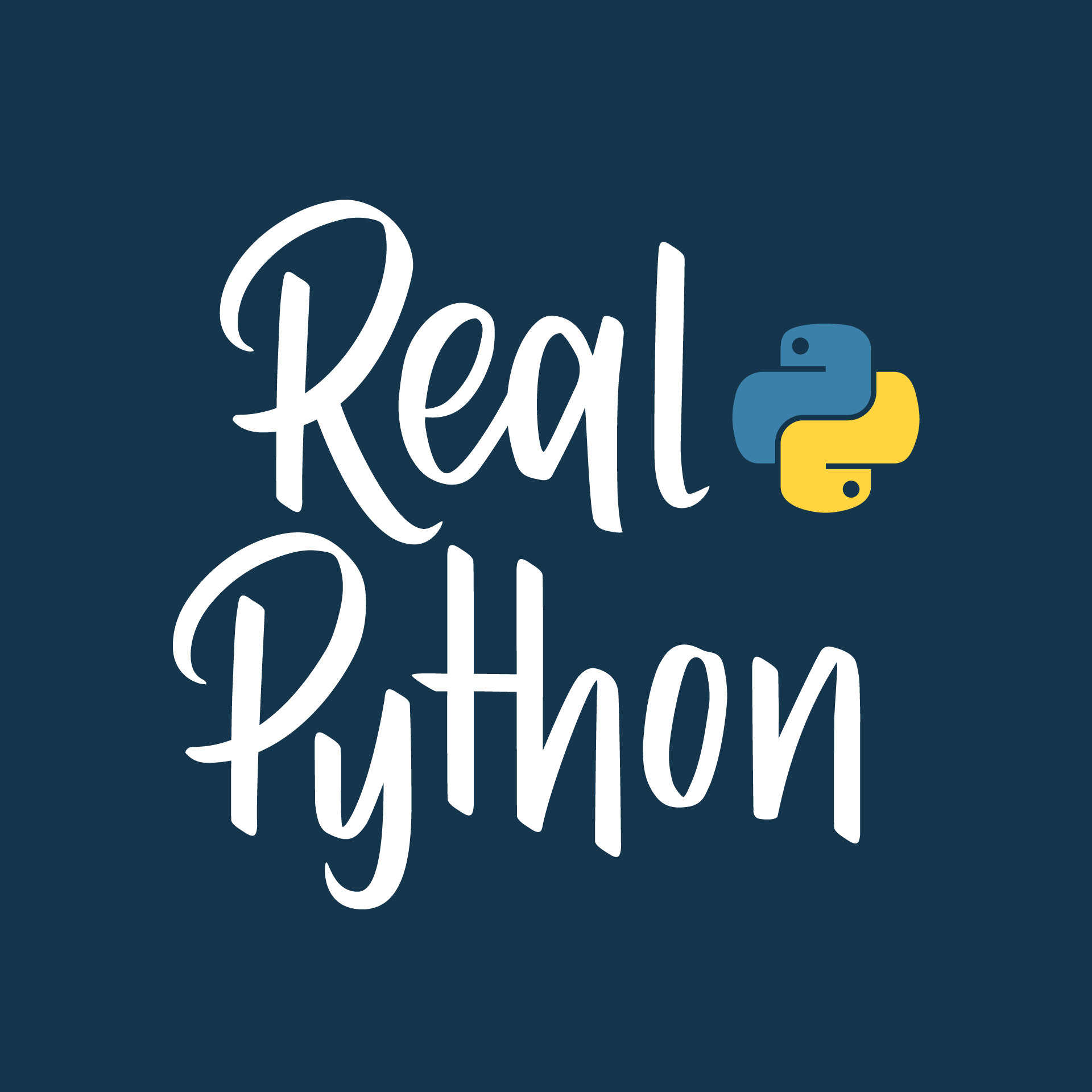
Shownotes Transcript
How is Python being used to automate processes in the laboratory? How can it speed up scientific work with DNA sequencing? This week on the show, Chemical Engineering PhD Student Parsa Ghadermazi is here to discuss Python in bioinformatics.
Parsa provides background on his research and the bioinformatic techniques used to discover gut microbes’ role in human health and diseases. We talk about automating lab experiments with liquid handling robots and Python.
We dig into libraries to shatter and reassemble DNA sequences. Parsa also shares current projects from the Chan Lab at Colorado State University and his GitHub repository.
Course Spotlight: Building Python Project Documentation With MkDocs)
In this video course, you’ll learn how to build professional documentation for a Python package using MkDocs and mkdocstrings. These tools allow you to generate nice-looking and modern documentation from Markdown files and, more importantly, from your code’s docstrings.
Topics:
00:00:00 – Introduction
00:01:51 – Engineering Background and Current PhD Program
00:05:52 – What is Bioinformatics?
00:08:11 – Where do you use Python in the lab?
00:10:35 – Using lab robotics
00:15:22 – Python development environment
00:16:33 – Lab robotics allow for precision
00:19:03 – How are using these tools for research?
00:22:14 – What are the techniques for measurements?
00:26:17 – Video Course Spotlight
00:27:33 – How is the data output from the machine?
00:29:20 – Moving into DNA sequencing and extraction
00:32:08 – Shattering to work with smaller DNA sequences
00:34:34 – Python libraries for DNA re-assembly
00:36:28 – Building ADToolbox
00:40:24 – How do you store the data?
00:41:32 – Inferring microbial interactions
00:44:02 – Types of hardware used for these projects
00:47:07 – What are you excited about in the world of Python?
00:48:09 – What do you want to learn next?
00:49:16 – How can people follow your work online?
00:50:00 – Thanks and goodbye
Show Links:
Opentrons - Lab Automation - Lab Robots for Life Scientists)
Serial Dilutions and Plating: Microbial Enumeration - Microbiology - JoVE)
megahit: Ultra-fast and memory-efficient (meta-)genome assembler)
DRAM: Distilled and Refined Annotation of Metabolism - GitHub)
humann: HUMAnN 3.0 - HMP Unified Metabolic Analysis Network)
ADToolbox - Tools for modeling and optimizing the anaerobic digestion process)
Microbial interactions from a new perspective - Bioinformatics - Oxford Academic)
Alpine — Research Computing University of Colorado Boulder documentation)
Episode #190: Great Starting Points for Contributing to Open Source)
Level up your Python skills with our expert-led courses:
Support the podcast & join our community of Pythonistas)
